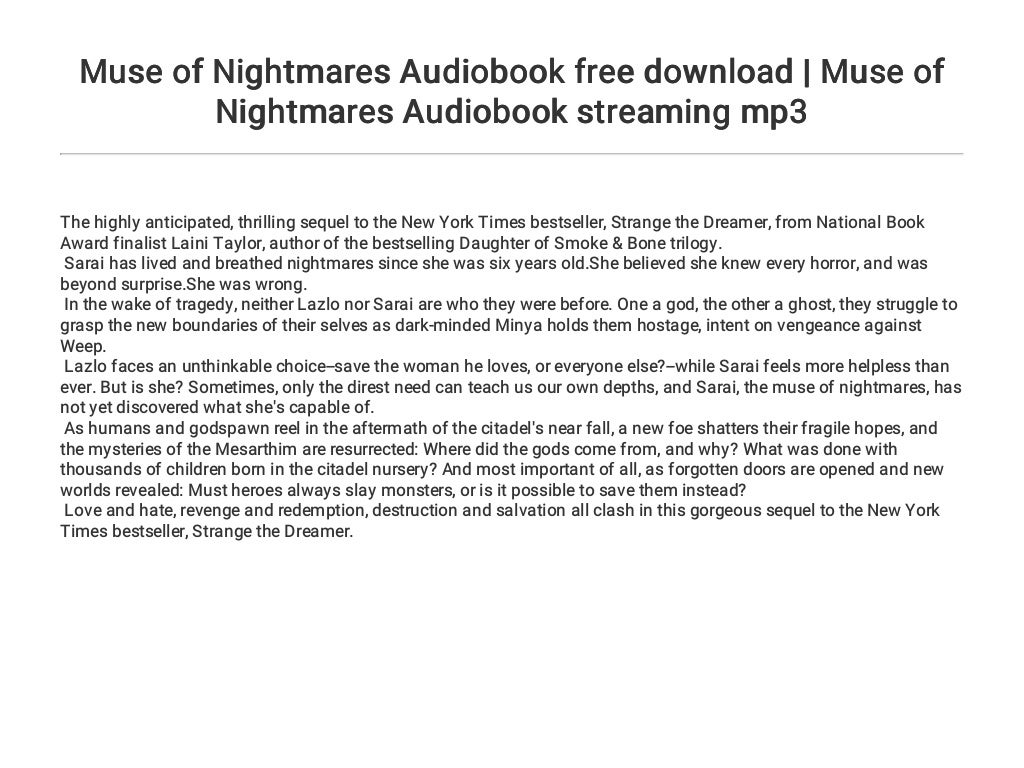

The only reason he hadn’t yet was because Skoyë, their stepmother, was loathe to lose her pair of slaves. Their father could marry them off any time he pleased. Over the past months, the village men had started pausing when they passed, looking from Kora to Nova and Nova to Kora like they were choosing a chicken for slaughter. From Skoyë’s tyranny and their father’s apathy, and lately-sharply-from the men. Escape from Rieva and ice and uuls and drudgery. And they were strong-and they were weary and grim, trembling from exertion, and streaked with every vile fluid that leaks out of dead things, when the glint caught Nova’s eye.Įscape. “Our women are strong,” the men boasted from up on the headland, clear of the stink and the flies. Butchering was women’s work, never mind that it took more muscle, and more stamina, than killing. They did the killing, and hewed off the tusks to carve into trophies, and left all the rest where it lay. They didn’t wield gaffs and knives, but spears. It was the Slaughter, the worst time of year on Rieva-for the women and girls, anyway. Cyrs skirled, fighting for entrails, and the shallows boiled with spikefish and beaked sharks drawn to the sweet salty reek. The beach was strewn with dozens more carcasses, and more hunched figures like theirs. An uul carcass hulked between them, half-flayed. Her knife worked back and forth but her eyes were blank, as though she’d stowed her mind in a nicer place, not needing it for this grisly work. Her face, blood-streaked too, was blanched with numb endurance. Whatever life might force on them, and however it might fail them, they knew they had each other. They stood side by side, braced together against the future. They didn’t need magic to read each other’s thoughts, only glances, and their hopes were twins, even if they were not. They were each other’s person, each other’s place. Their names might as well have been one name- Koraandnova-so seldom were they spoken separately, and when they were, they sounded incomplete, like one half of a mussel shell, cracked open and ripped in two. They were indivisible, like the lines of a couplet that would lose their meaning out of context. It wasn’t much, letters in the place of a mother-and they only had the memory of the letters now, since Skoyë had thrown them in the fire “by accident”-but they had each other too. Someone loves us, their faces said, when they stared down Skoyë, or refused to cringe before their father.

Well, those five words were like heated stones that never lost their warmth or bruised your flesh, and Kora and Nova carried them everywhere.


In winter, in Rieva, they heated flat stones in the fire to tuck into their sleeping furs at night, though they cooled off fast and were hard under your ribs when you woke.


 0 kommentar(er)
0 kommentar(er)
